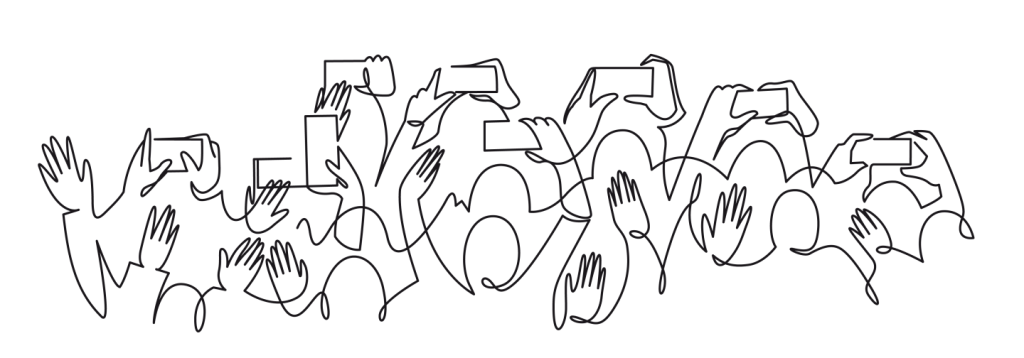2024 is a significant electoral year, with over half of the world's population expected to cast their votes. However, many key trends and practices are unfolding beyond the voting booth: during election campaigns, within media outlets and information ecosystems, and in various spaces such as schools, streets, campuses, and museums, all reflecting a growingly polarised political environment.
In this context, how can we rethink dialogue and citizen engagement to nurture democracy, especially as new technologies, including AI, increasingly shape the political landscape?
This October, Democracy Week, promoted by the Geneva Chancellery of State, returns for the 10th time. For the 2024 edition, themed "Cultivating Democracy”, the Albert Hirschman Centre on Democracy curated an interactive programme of panel discussions, workshops, and exhibitions with the above question in mind.
Taking place just three weeks before the U.S. elections, it will feature a public event focused on media and the U.S. electoral campaign, including a keynote by Professor Rodney Benson from New York University.
It will also delve into the unique insights of the Swiss political system, and address the challenges of navigating a deeply polarised society from a comparative and global perspective. This will include a roundtable on the global implications of Javier Milei’s policies, and an event on the role of philanthropy in addressing polarisation that will feature, among others, Pascal Crittin, Directeur of the Radio Télévision Suisse (RTS).
Additionally, the programme will explore pathways to enhance democratic engagement and literacy among young people through an interactive exhibition and a mock trial of Artificial Intelligence.




